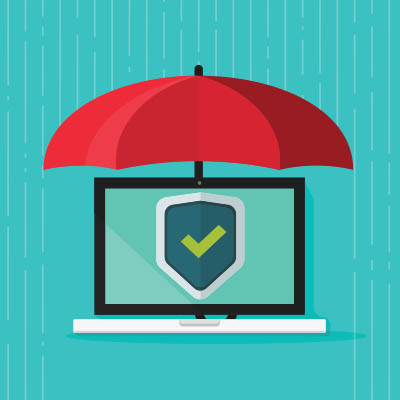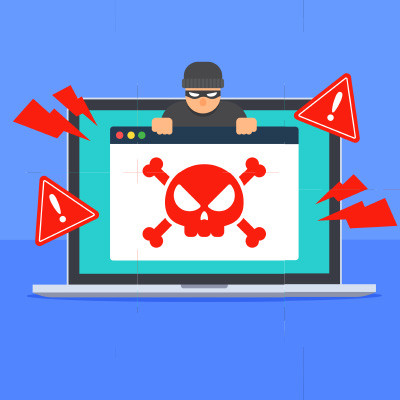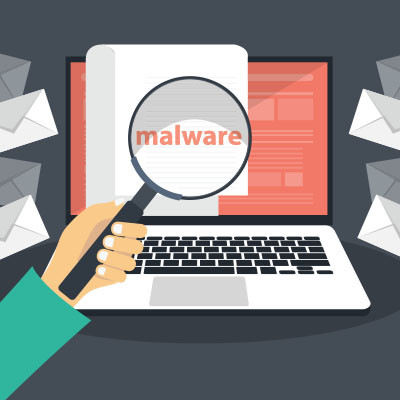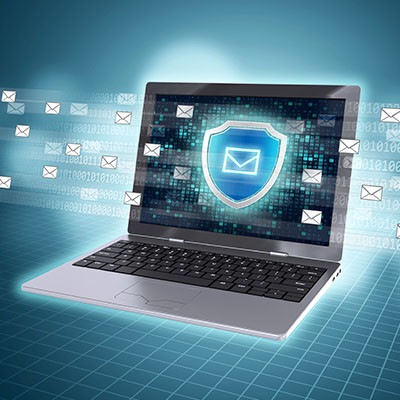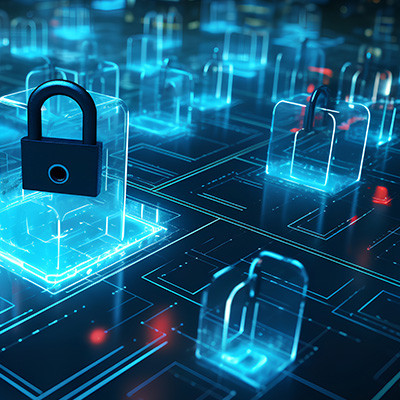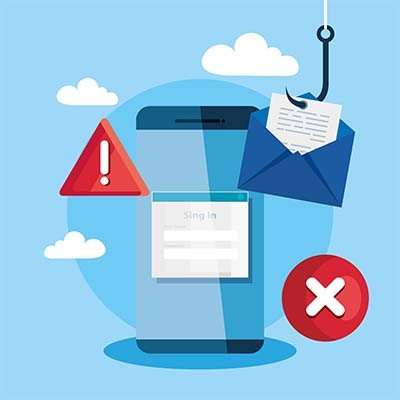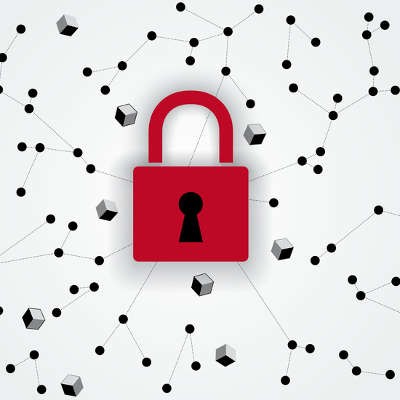Master Solutions Blog
You've heard the saying, "A man's home is his castle." When it comes to your business, that comparison is even more fitting. Your business is your livelihood, your stronghold, and it deserves the strongest defenses.
Just like a medieval castle was built to keep threats out, your business' security needs to have an all-encompassing strategy. That’s why it is absolutely necessary to implement cybersecurity measures that serve the same protective purpose for your business and its network.
Cybersecurity isn’t the most fun thing to talk about, but it’s still important. This is especially for your employees who are on the front lines, the most likely folks to encounter threats during their day-to-day tasks. Today, we want to cover how your business can build better cybersecurity training practices that can keep your business secure for the long haul.
Data breaches can be a death blow for the small business. In addition to the financial ramifications of such events, they also cost a whole lot in reputational damage and organizational inefficiency. It’s pretty important for personal and organizational security for people to know that there are a few simple things you can do to help keep digital assets secure.
Businesses everywhere are adding smart devices to their IT, and for good reason. They offer convenience and efficiency but can pose a significant network security risk. These devices, part of the Internet of Things (IoT), often lack robust security features. This makes them an attractive target for cybercriminals.
In today’s world of perpetual security breaches and cyberattacks, it’s no surprise that the greatest response to such threats is to actively prevent them from harming your organization in the first place. One key tool in this effort is an endpoint detection and response (EDR) solution. With endpoint protection on your business’ side, you can leverage a robust and powerful security solution to handle a significant portion of your network security.
Remember the era when antivirus software, like most computer programs, came packaged in hefty textbook-sized boxes on store shelves? Fortunately, those days are over. Today, there are a myriad of antivirus options available with a very basic Google search. Having so many options can overwhelm someone looking for basic protection for themselves, so today we thought we would look at free antivirus and whether or not it can be an option.
Ensuring that your computer's software stays up to date is always crucial for security and for the performance of the software. Outdated operating systems, web browsers, or other essential applications can result in malfunctions and expose you to potential threats. It's important to be aware that hackers can disguise malware as critical web browser updates.
With so many businesses putting time and effort to cultivate an active following on social media, it only makes sense that cybercriminals try to get a piece of the pie.
A new malware strain particularly targets Facebook business accounts to run malicious advertising campaigns on your dime.
The seamless functionality of email often leads individuals to take it for granted. Whether accessing Outlook or logging into Gmail, the delivery of emails seems effortless. However, the intricate and expansive network of systems essential for email operations often goes unnoticed, and understandably so, given its complexity.
With network security being more important than ever for businesses of all types and trades, it’s important that you make it a priority. Thankfully, there are certain simple ways you can pull this off, even if you’re not a technology expert. Here are some of the network security basics that will cover a lot of ground for your business.
Running a business is hard enough without having to think about cybersecurity. Your business faces existential threats from cyberattacks every day it’s operational, as data breaches truly do have the power to bring your business down if you’re not prepared for the fallout. A zero trust approach can help to mitigate many of the risks that come from cybersecurity threats, and it’s all thanks to the principle of least permission.
Phishing messages are one of the scarier threats out there, especially when you consider that they force you to be on edge about most messages you receive, regardless of how sound they might appear to be. Thankfully, there are various telltale signs that you can look for when analyzing the messages you receive on a daily basis that can clue you in on some of the more suspicious phishing messages.
Your company’s network contains a gold mine of sensitive information that you need to protect at all costs. While it’s absolutely the case that you need to make network security a top priority for your business, thankfully, multiple aspects of your security can be covered easily enough by implementing a single, enterprise-level security solution.





